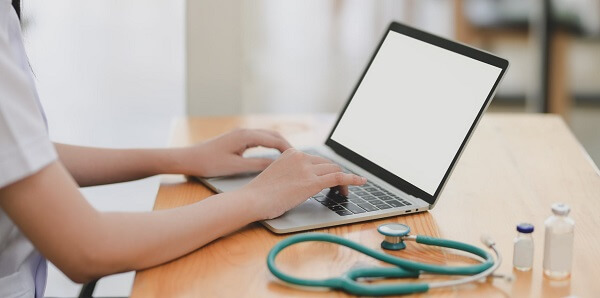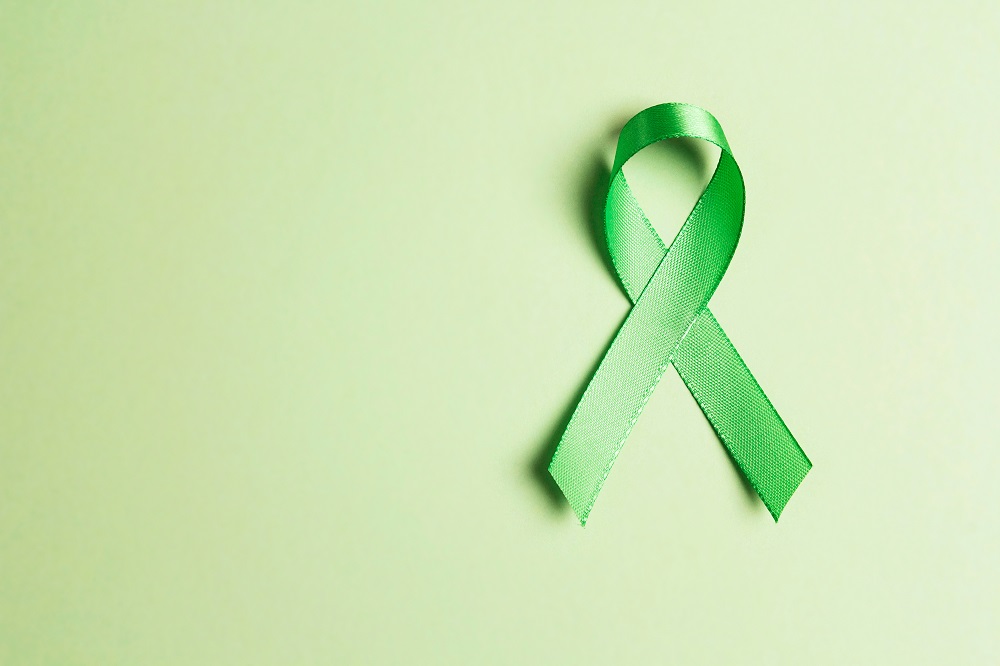Opinion: Telehealth Flexibility Needed Amidst Converging Mental Health, Addiction Crises

As the COVID-19 crisis continues to ravage the country, deaths of despair are rising. In Maryland, we have already seen a surge in drug overdose fatalities since the beginning of the pandemic. The number of people needing substance use disorder and mental health services is only expected to increase.
Maryland’s leaders must act now to prevent a tsunami of mental health and addiction crises in the wake of the pandemic and to ensure that treatment programs are able to stay open now and into the future.
Maintaining and expanding telehealth is one such critical action that enables Marylanders to access the mental health and addiction services they need without placing themselves or others at risk for COVID-19. Many of the telehealth flexibilities Maryland implemented during the initial phase of the COVID-19 crisis have proven effective and ensured access to life-saving substance use disorder and mental health care.
Here are three critical steps that Maryland Medicaid should take:
- Allow patients to receive substance use disorder and mental health telehealth services in their homes or wherever they are located.
In addition to reducing the spread of COVID-19, early reports indicate that both patients and providers in Maryland have seen many other benefits from expanding access to substance use disorder and mental health telehealth services from homes and settings outside health care facilities.

Ellen Weber
A survey of more than 4,000 Maryland patients found that the vast majority (70%) hope to continue receiving treatment via telehealth after the pandemic is over. Providers have reported that missed appointment rates have significantly declined and that it is easier to accommodate patients’ work schedules and child care needs. Providers also report being able to better understand a patient’s home environment, including those experiencing homelessness, and can tailor treatment more effectively to meet patient needs.
Service delivery data from this emergency period clearly show that substance use disorder services can be safely and effectively provided via telehealth to Medicaid patients in their home. While the General Assembly has called for a feasibility study of home-based substance use disorder telehealth, Maryland now has ample information to take immediate steps to continue reimbursement for both substance use disorder and mental health telehealth services. Doing so would align substance use disorder telehealth with Medicare standards and with at least 20 other states that already allow Medicaid patients to access telehealth in their homes.
- Continue reimbursing telehealth services that are delivered by phone.
Maryland Medicaid telehealth rules only allow for audio-visual communication between a patient and provider. State rules impose onerous and unnecessary technological requirements regarding permissible camera equipment, audio equipment, bandwidth speed, display monitor size and transmission length. Many Maryland residents and communities do not have access to the specified technology and are unable to access the care they need via telehealth, without traveling to a health facility.

Deborah Steinberg
During the emergency, Maryland Medicaid has permitted all residents to receive “audio-only” telehealth. Maryland must continue this communication model and revise its definition of telehealth to eliminate standards that prevent many Medicaid members from getting care based on their resources and where they live. Doing so would begin to bridge the digital divide that deepens health disparities for Marylanders who lack access to technological resources. The State must meet the needs of those who struggle daily with limited phone minutes, computer and internet access through targeted funding.
- Remove unnecessary barriers to medications for opioid use disorder and mental illness.
As overdose deaths increase in Maryland, it is critical that individuals can safely access medications to treat opioid use disorder, including methadone and buprenorphine, and mental illnesses. The federal laws and regulations that require providers to see patients in-person before prescribing a controlled substance were waived under the public health emergency, allowing patients to begin treatment without risking exposure to or transmission of COVID-19.
Maryland should advocate for an extension of this exemption and for continued flexibility of take-home doses of methadone to reduce in-person encounters. This will enable individuals who experience an addiction or mental health crisis to access care safely and immediately, without worrying that doing so would pose a danger to their lives due to COVID-19. It will allow providers to continue to operate at maximal capacity and provide individualized care, without unnecessarily risking their own health and safety.
As Maryland plans for the next phase of the COVID-19 crisis, our leaders must consider the increased mental health and addiction care needs of residents.
We have already seen a spike in overdose deaths, and we can anticipate that this trend will continue unless the state takes decisive action to mitigate risk and prioritize safe access to care. Ensuring flexible telehealth standards at least until an effective vaccine is readily available for all Maryland residents is the only practical path forward.
–ELLEN WEBER AND DEBORAH STEINBERG
The writers are, respectively, vice president of Legal Action Center health initiatives and health policy attorney at the Legal Action Center. Their work focuses on expanding access to comprehensive and equitable substance use disorder care through insurance coverage. The recommendations outlined in this commentary have been co-developed and endorsed by a coalition of 36 health care providers and advocacy organizations in Maryland.
Did someone forward this to you?
Get your own daily morning news roundup in your inbox. Free. Sign up here.



 Creative Commons Attribution
Creative Commons Attribution